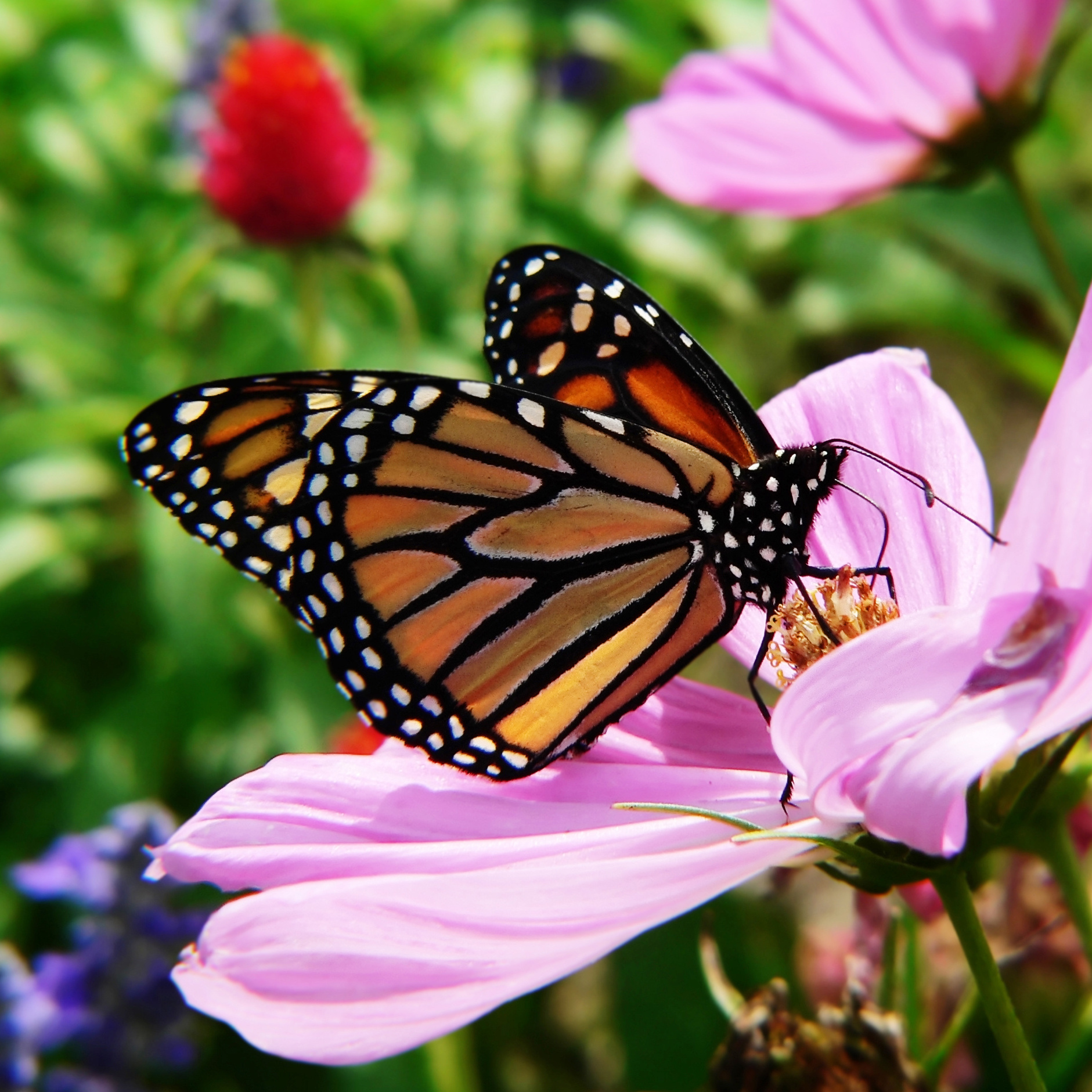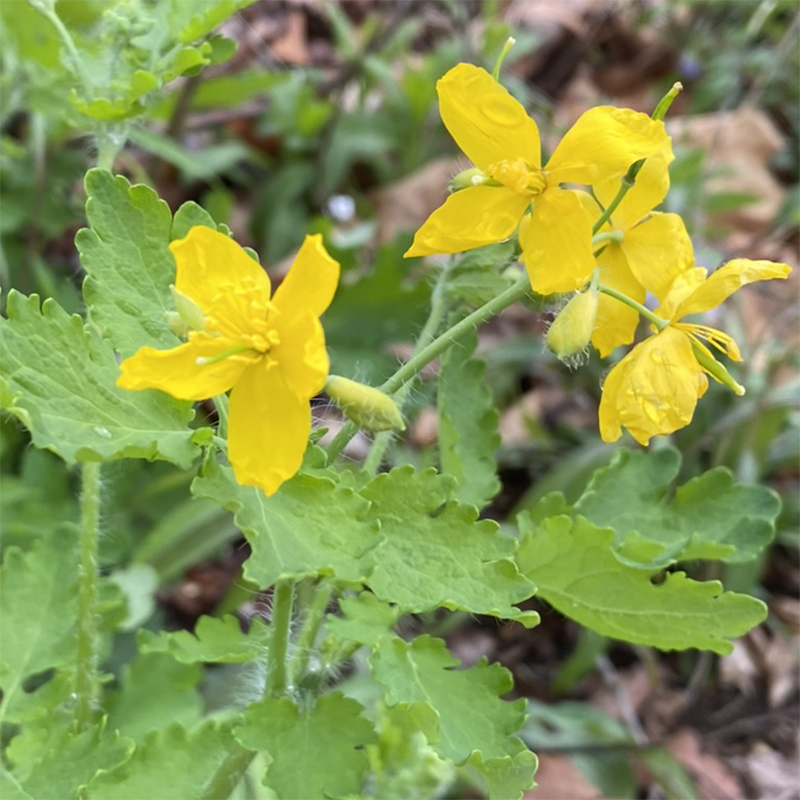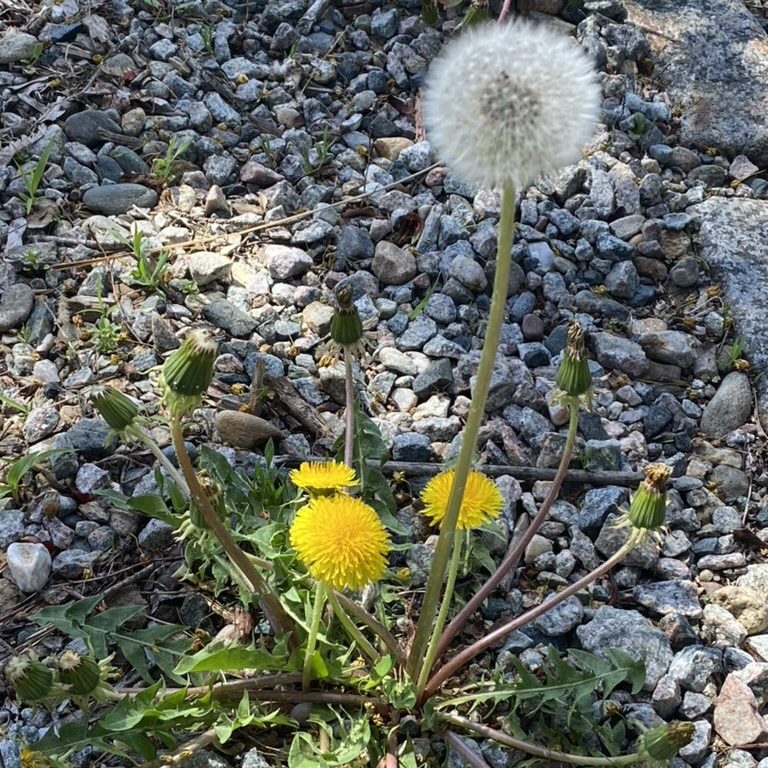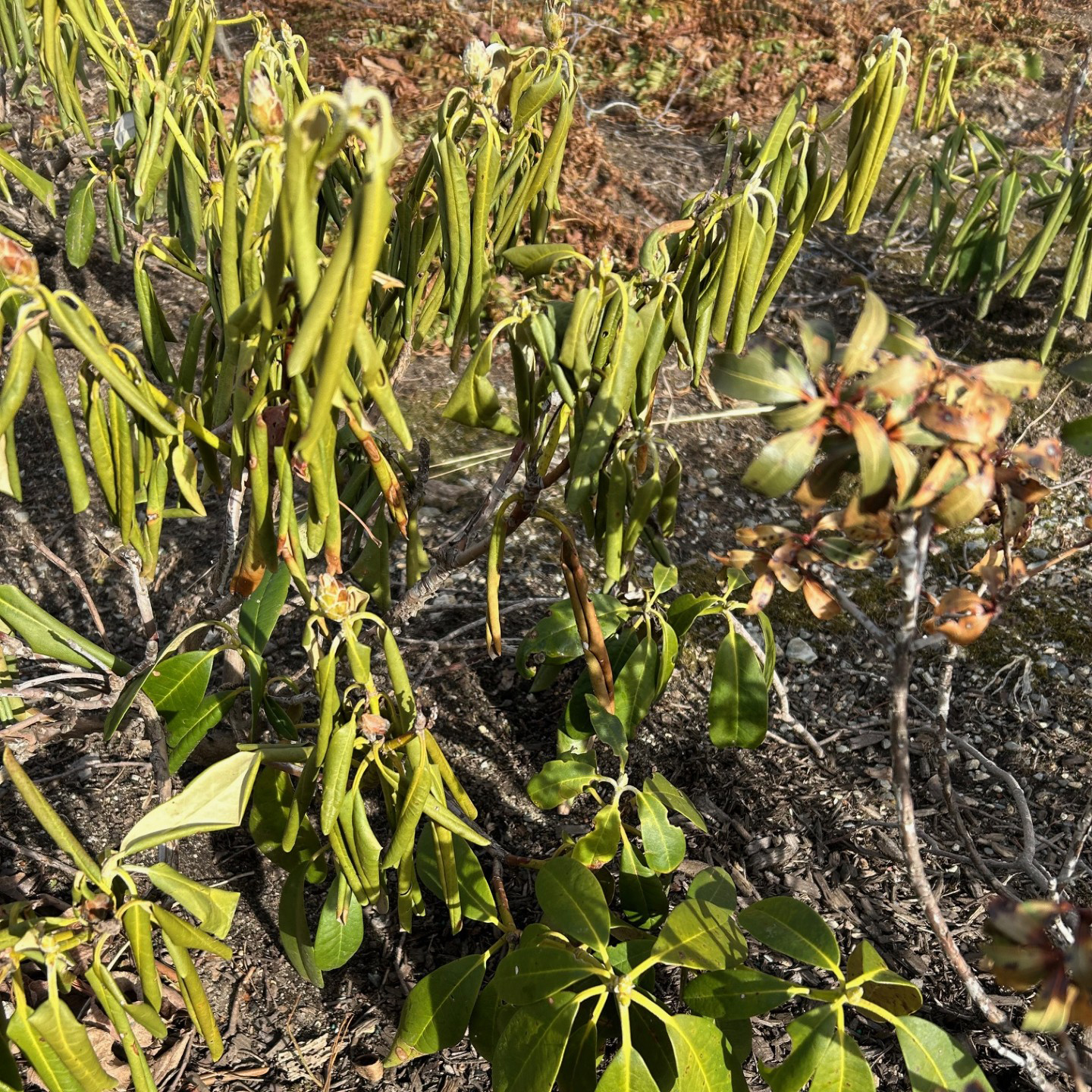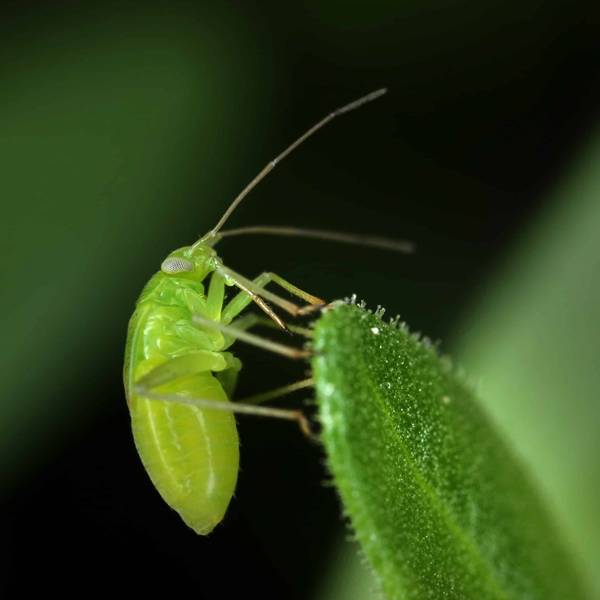
Last season my vegetable garden had produced such a bountiful harvest! With the warm early start to spring, I was able to get a boost on planting in March which enabled me to plant more varieties and stagger my crop output. The down-side to that was an increased amounts and activity of garden pests.
For me, I don’t have the time each day to go out and check my plants to see what insects or diseases may be feeding on my garden plants. Before I knew it all my strawberries that were just about ready to be harvested were devoured by a family of chipmunks. My tomatoes had green worms on them and there were no more leaves. My impatiens started to turn black and melt out in mid-August. How does this happen and what can I do to stop them?
If you really don’t have the time to look for garden pests on a regular basis my answer to you is simple. Make sure you have improved the soil with plenty of organic matter such as compost and manures. This will encourage a healthier plant allowing more resistance to some of the common garden pests. Another word of wisdom is to contact an expert when you see a problem. In most cases what you may be seeing is a secondary problem. For instance, you see a bunch of leaves dropping to the ground from your shrub; you see small bugs on the leaves and assume that these bugs are the culprit. However after future investigation, possibly discussing this with a certified professional, you have determined that this past winter we had so much snow piled up around the trunk of the shrub and some kind of small rodent, like a rabbit actually chewed away much of the bark around the shrub. If you just purchased some kind of spray to kill those bugs you really didn’t solve the problem.
We have all had to deal with these situations and it can be very difficult to grasp what solutions are available if you have a busy schedule. Anytime you install a tree, lawn, vegetable or flower there will be some kind of maintenance requirement necessary. If you want the best from your plants you need to monitor them for pests on a frequent basis. My fault was I waited too long. If I had just walked the garden more frequently and looked around I would have caught these pests sooner.
Sometimes we all need to reach out to an expert in order to find the correct solution. In Massachusetts we have MCH (Massachusetts Certified Horticulturalist), MCLP (Massachusetts Certified Landscape Professional) and MCA (Massachusetts Certified Arborist) which are certified experts in the tree and landscape industries available to answer all of your garden pest related questions.
There are ways to prevent garden pests from attacking your plants and lawns – Keep them healthy. So many times plants become stressed out from too much or too little care. Just like you may be spoiling your child or cheating on your diet, eventually those little things catch up to you. Your plants can survive adequately when properly maintained. Weather does seem to impact plants at times. Too much rain, poor drainage will definitely hinder plant growth which weakens the plant opening it up to pest attacks.
A dry period with inadequate water would show the same results.


